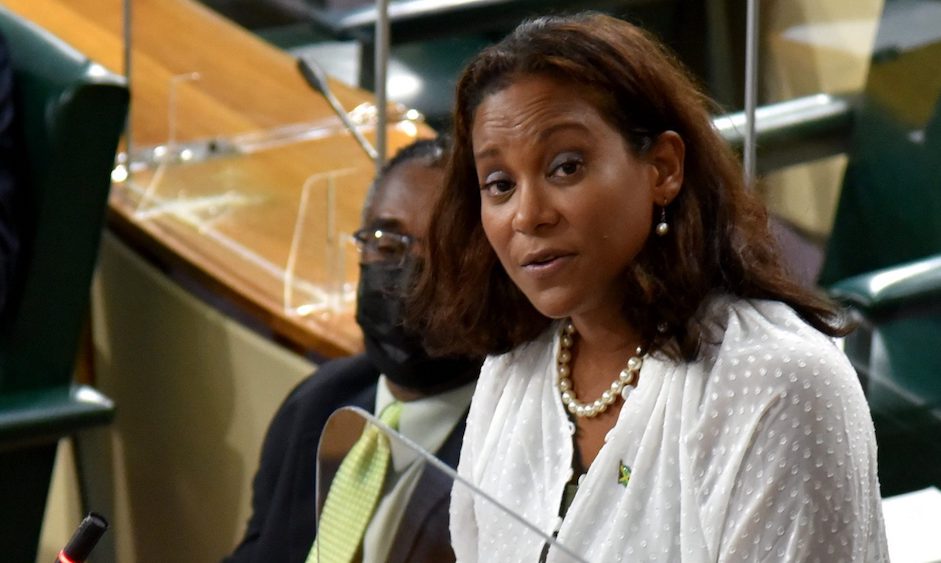
Government Senator, Dr. Saphire Longmore, says the Administration is prioritising the protection of women against abuse through the enhancement of legislation as well as other interventions.
“We have seen where there were amendments to the Domestic Violence Act, which includes a new definition of domestic violence as not only physical but also psychological, emotional and sexual. The effect of this is that for the first time, men or women, who control their partners through threats by restricting their personal or financial freedom, could face sanctions the same way as they would if they were violent physically,” she said.
Dr. Longmore, who was making her contribution to the State of the Nation Debate in the Senate on Friday (July 2), said the change to the legislation is crucial given that financial abuse is one of the most frequent forms of exploitation vulnerable women experience.
“This Government seeks to enable, as best as we can, financial independence of women,” she said, highlighting for instance, the Women’s Entrepreneurship Support pilot project that will provide 10 grants to vulnerable women to build businesses and achieve their independence.
“We thank United Nations Women for partnering in this very important intervention,” she said.
Dr. Longmore also informed that the report of the Joint Select Committee of Parliament, to establish the Sexual Harassment Bill, has been submitted, stressing that when that Bill becomes law “it will deal a blow to sexual harassment by bringing relief to victims, punishment to perpetrators and act as a deterrent to others.”
The Bill, which outlines the types of conduct that constitute sexual harassment and prohibits certain related conduct, addresses concerns about sexual harassment that is employment-related, occurring in institutions, or arising in the landlord and tenant relationship.
In the meantime, the Senator pointed out that the Government wants to widen the threshold to be met in obtaining a Protection Order from the court to give greater safeguard to those who need to keep abusers away.
“There will be an increased penalty for breach of the Protection Order from $10,000 to $1 million,” she said.
Dr. Longmore suggested having an emergency service in place to obtain Protection Orders outside of when court is in session.
“I have seen situations where, because the court was closed, the person could not get that order to get the abuser removed,” she said.





